A Writer’s Envy, Part I: Lost in the Schoolhouse

Fresh from the AWP conference in Denver, we are back to the blog. This week, we welcome our new Get Behind the Plough bloggers, chosen from the pages of the Spring 2010 Ploughshares. Our Winter 2009-10 contributors were all poets, so we’re glad to add fiction voices to the
The Way In

Guest post by James Arthur Between the ages of 18 and 24, I did consider myself to be a writer, though I wouldn’t have known whether to call myself a poet, novelist, screenwriter, literary critic, or playwright, and I wrote almost nothing. My occasional literary effort fizzled out after
On Walking
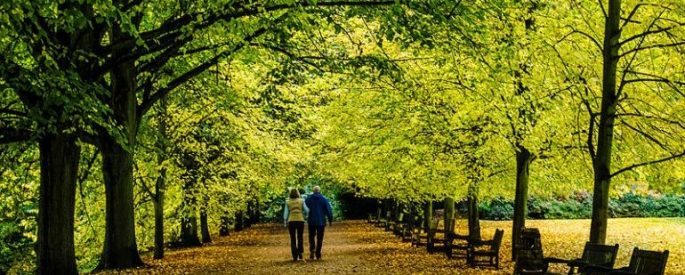
Guest post by James Arthur Somehow I never got around to taking my driver’s test. I make various excuses for not having a license (I grew up in a city with a subway, I’m doing my part for the environment, I have bad eyesight, cars are expensive, gas is
Wordsworth at Passover
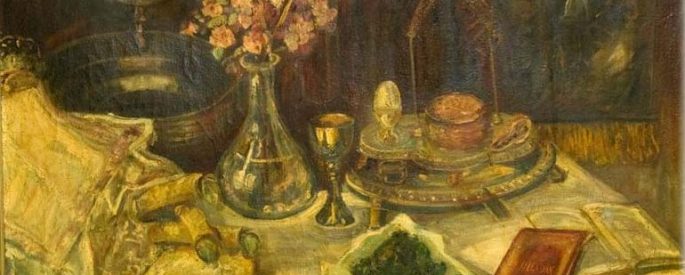
Guest post by Alicia Jo Rabins One of the fantastic things about the Torah as a literary work is how it combines impossibly broad swaths of narrative (the world is created, a flood destroys it, etc.) with precise details (Rachel, having stolen her father’s idols and hidden them
Shall I Compare Thee to a Taco Bell?: Pop in Poetry
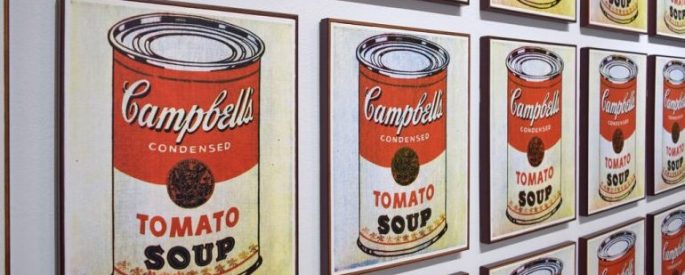
Guest post by Peter B. Hyland In 1877, Joseph Ray, M.D.–“late professor in Woodward College”–published Ray’s New Practical Arithmetic. I own a copy for some reason, part of a small collection of nineteenth-century books that my father-in-law gave me, containing everything from an abridged version of Livingstone and Stanley
Travel, Tor House, and Negative Capability
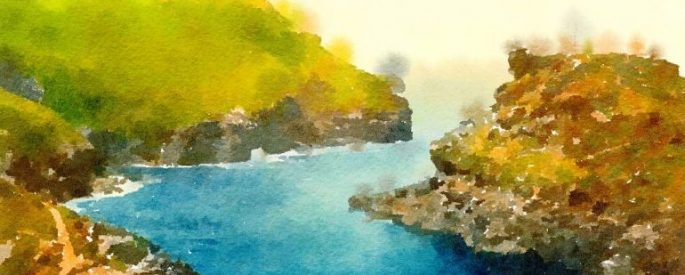
Guest post by James Arthur During the last few years I’ve been lucky enough to have some opportunities to travel, and not surprisingly, the places I’ve visited have begun showing up in my poems. In fact, these days when I sit down to write, I usually begin by flipping
Spiritual Twins, Poetry Chavrutas
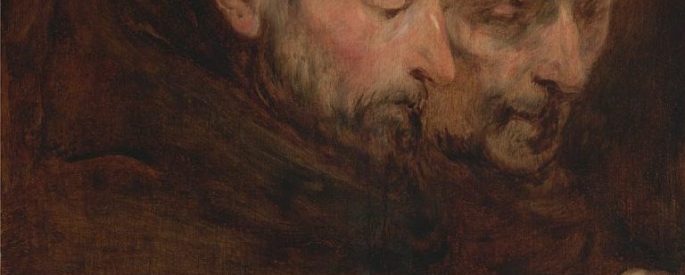
Guest post by Alicia Jo Rabins There’s nothing like those years when you don’t yet have what you are working for. There’s a lot of freedom because there’s so much possibility. You need friends who are working for something, too…Everything starts with an all-night conversation. Find a spiritual
Broken Plank & Immortal Veil

Guest post by Peter B. Hyland In book five of The Odyssey, the sea goddess Ino comes to the aid of a storm-tossed Odysseus. She emerges from the waves and loans him her veil, a talisman that ensures he will arrive in one piece on the island of Scheria,
Extreme Isolation

Guest post by James Arthur Several years ago, I had a brief, obsessive relationship with Winged Migration, a 98-minute documentary about birds, and I went to see it three times in theaters around Seattle. To my outrage, every time I saw the movie, there were people in the audience
Real Risk: Writing as a Performance Art

Guest post by Alicia Jo Rabins A palace must have passages….a poem must have transitions. –Samuel Johnson (via Barbara Guest) In making poems, we cross from the known to the unknown. We destroy the drywall of the consciousness-room we’ve been living in, look at the sky beyond, and then